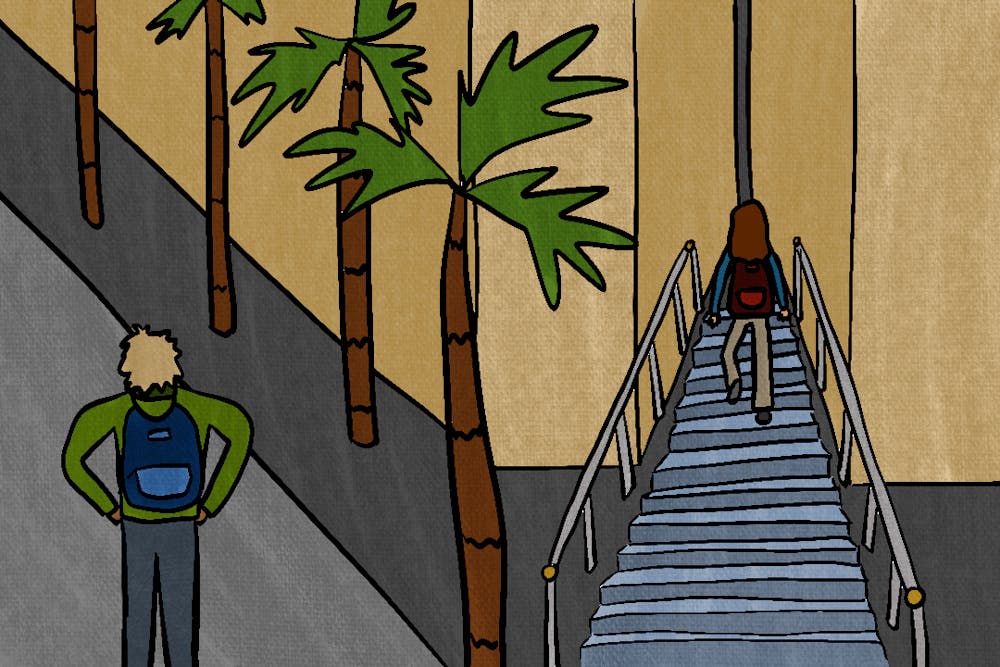When I was growing up in India, all my friends met in the same park every day. We snuck into the fancy no-kids-allowed gym hoping to not be found out by our parents and the security guards. Just a few feet away from the park and the gym was our community's open area, a place where we celebrated festivals and planned events.
This experience of living and growing up in a "cooperative housing society" is common for most Indians who live in an urban area. It is a smart way of creating little communities for families living in the same apartment complexes.
A cooperative housing society is a legally established body or entity owned by its members or residents for common needs. The entity owns and manages properties consisting of one or more residential structures. The land is owned and governed by the people living in the building, and this results in the creation of a committee to manage it.
When I lived in one of these little societies, my father sat on this committee and I got a front-seat view to all the drama that occurred at their meetings. They planned events, celebrated Indian festivals like Holi and Diwali, along with attempting to organize a Halloween party without actually having been to one.
They also made decisions about the general functioning of the society, along with having arguments about serious issues such as what food they should serve at next week's meeting.
Growing up in such an environment meant that everything I needed and nearly everyone I knew — except my online friends — was just a five-minute walk away. That's how I thought life was in a city.
When I moved to downtown Phoenix and began living on a college campus, I was put in a similar setting: all my friends lived merely an elevator ride away, my favorite coffee place was a two-minute walk, and the bus ride to Tempe was just 20 minutes.
Walking around campus to get to class, club meetings and even job interviews was easy and when the walk was just too long, you could take a scooter ride. Not only was this accessible, it meant the closest thing to a traffic jam I had to endure was the line at Starbucks before my 9 a.m. class.
Now, as someone considering moving off campus, it is astounding to see how lonely living off campus really is. People who share a living space seldom come together as a community to conduct celebrations or spend time together, and social circles only get smaller.
READ MORE: Insight: Growing older and losing connections? That's on being a sophomore
Suddenly, everything seems to be a 10-minute drive away. Sidewalks are inaccessible, everyone is a risky driver and even housing areas rarely have accessible walking areas.
Getting anywhere on time means to account for traffic, not to mention the universal hesitance to carpool. Taking public transport alone often feels unsafe, cabs are expensive and apparently calling your only car-owning friend to pick you up at 11 p.m. is "socially unacceptable" and "rude."
All this complaining is just to say what has been said many times before: The benefits of walking are not the only reason cities should make walking more accessible. We need to build connections with one another as a community, and maybe steal the setup for a housing society.
Most Americans only get four years of this kind of community. I feel lucky to have grown up surrounded by one.
Edited by Andrew Dirst, Sophia Braccio and Natalia Jarrett.
Reach the reporter at ktale@asu.edu and follow @KasturiTale on X.
Like The State Press on Facebook and follow @statepress on X.
Kasturi is a sophomore studying journalism. This is her third semester with The State Press. She has her own blog and has worked in creative writing.




